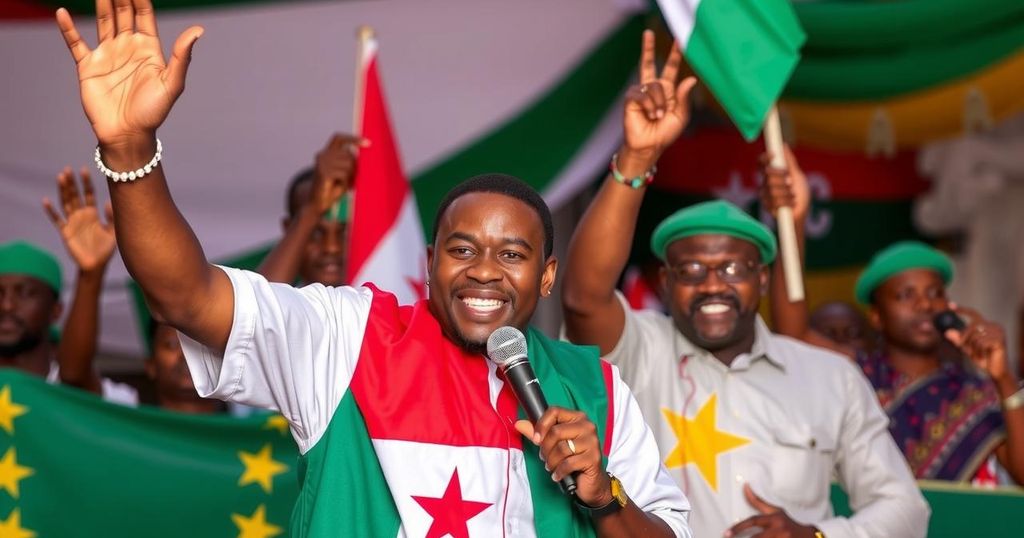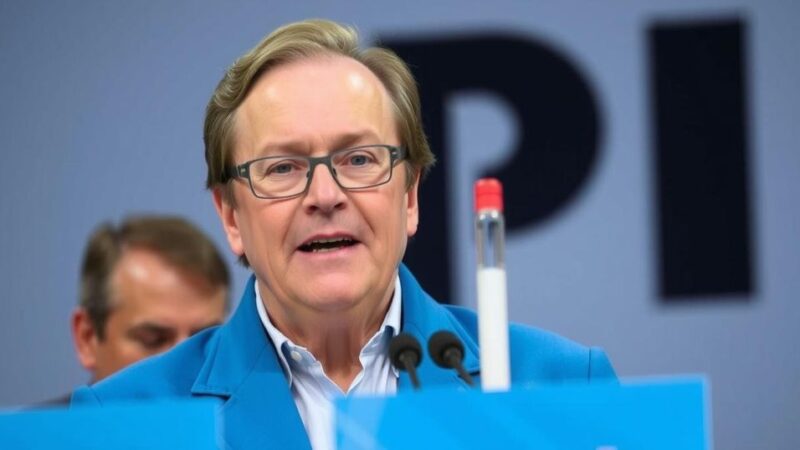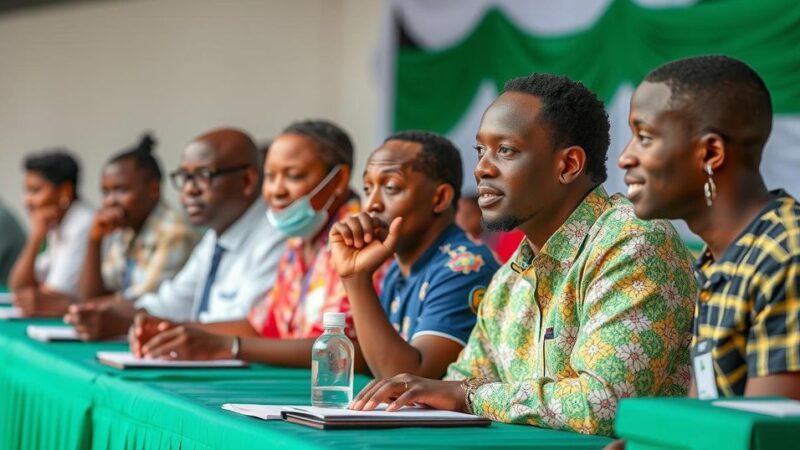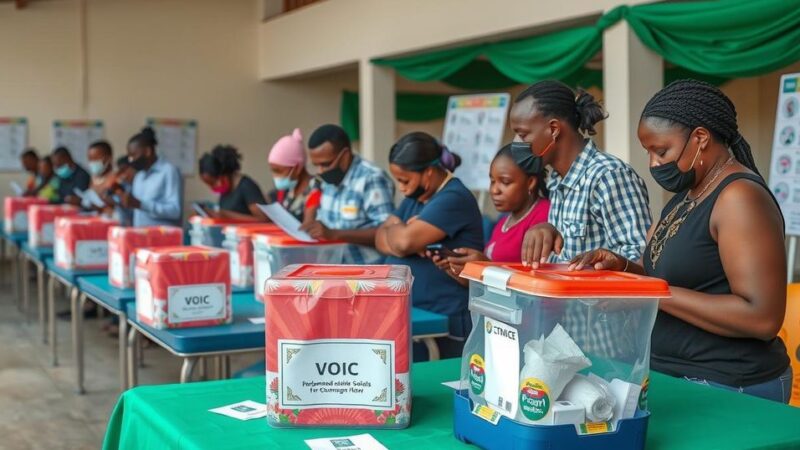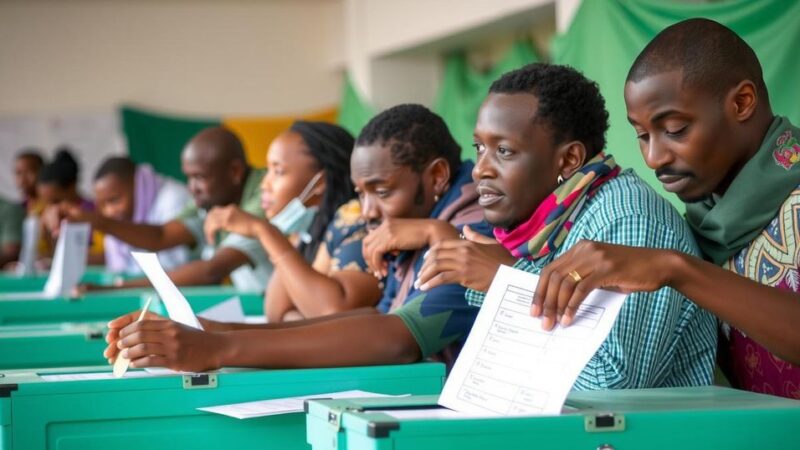Chad’s ruling Patriotic Salvation Movement party secured a decisive majority in a parliamentary election marked by a boycott from main opposition parties, winning 124 out of 188 seats. The first parliamentary election in over a decade comes amid ongoing security challenges and a critical political transition following the military takeover led by Mahamat Idriss Deby in 2021. Voter turnout was reported at 51.5%.
In a recent parliamentary election held in Chad, the ruling Patriotic Salvation Movement party achieved a significant electoral victory, securing 124 out of 188 seats. This election, which marked the first parliamentary session in over ten years, was characterized by a boycott from the main opposition parties, including the prominent Transformers party led by Succes Masra. The reported voter turnout was 51.5%, as disclosed by Ahmed Bartchiret, the head of Chad’s electoral commission.
This election forms part of Chad’s transition toward a democratic governance structure, initiated after the military takeover by Mahamat Idriss Deby in 2021, following the death of his father, long-time president Idriss Deby Itno. The transitional government has faced skepticism over its legitimacy and has been under scrutiny for the past presidential poll, which observers deemed non-credible. Despite Deby’s assertions that this election would facilitate decentralization—a long-desired shift towards regional governance—the opposition has dismissed the process as a “charade.”
In light of regional security challenges, including a heightened threat from Boko Haram and deteriorating relations with France, this election is deemed critical for Chad’s future political stability and governance. The absence of a competitive opposition due to the boycott raises questions about the representativeness of the electoral process and the implications for Chad’s political landscape moving forward.
Chad has been undergoing a delicate political transition since 2021 when Mahamat Idriss Deby assumed power following the death of his father, who had ruled for thirty years. The recent parliamentary elections are a significant step in this process, intended to establish a more democratic governance framework. However, the decision by over ten opposition parties to boycott the election has led to concerns regarding the credibility and fairness of the electoral outcome, echoing sentiments from the previous presidential election that was heavily criticized by observers.
The parliamentary elections in Chad culminated in a substantial victory for the ruling party amid a significant opposition boycott. This event not only highlights the challenges facing democracy in Chad but also raises concerns about political legitimacy and representation in the country. Moving forward, the implications of this electoral outcome will be critical as Chad addresses pressing security issues and navigates its path towards a more decentralized governance structure. The lack of opposition participation further complicates the political narrative and may affect the populace’s trust in the governmental process.
Original Source: abcnews.go.com

